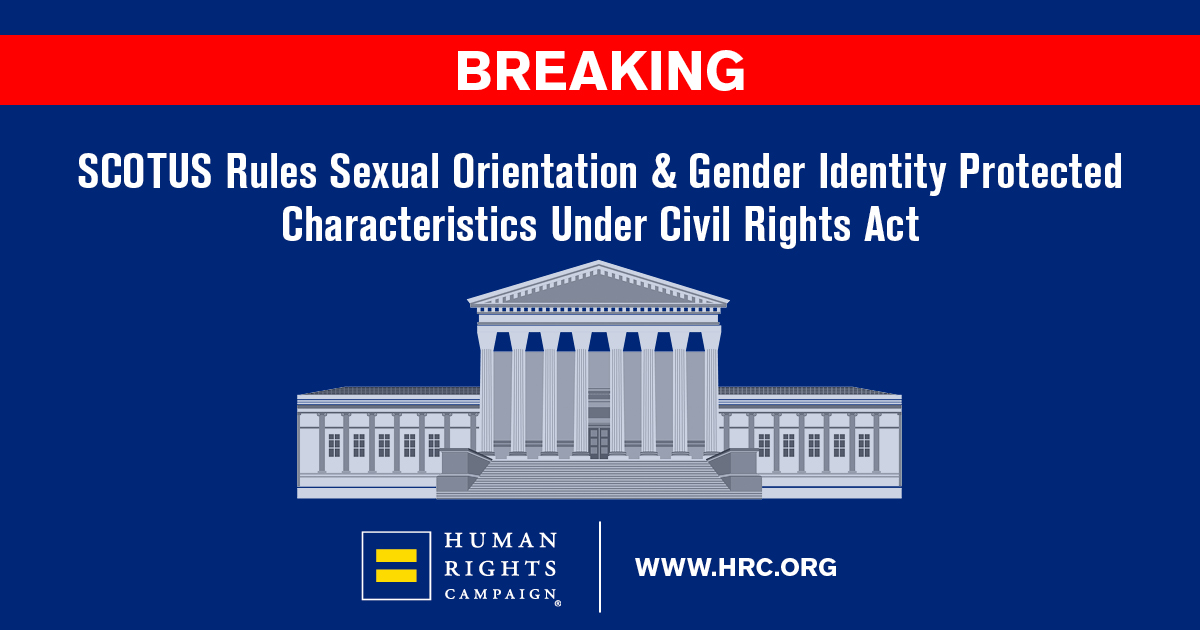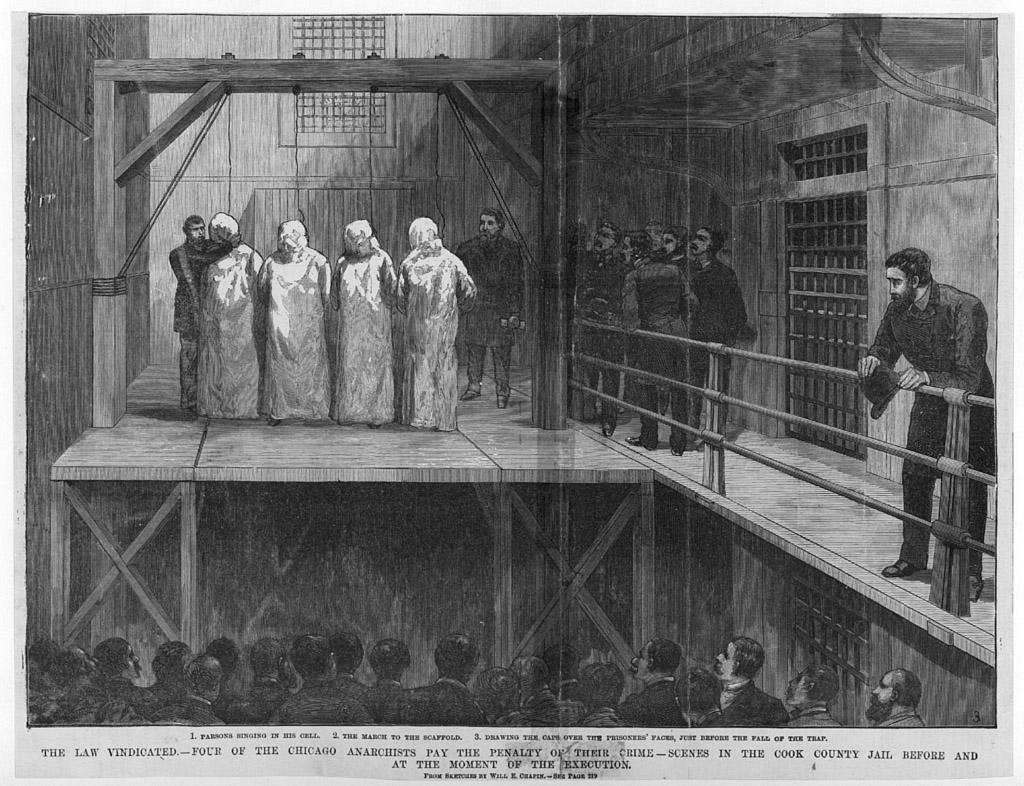by Leigh Lundin
 Death and Texas
Death and Texas
Florida’s corporate prisons face a major problem. Our inmate population is so huge that even a
death a day from guards and other inmates can’t cure the overload. We proudly possess the second largest death row in the nation and we can’t kill the convicted fast enough. Believe me, Florida tries and we compete fiercely.
Surmounting our rivalry with Texas came with bitter disappointment. Just as we pulled ahead of the Lone Star State, California came from behind to pass us both. That sound of gnashing teeth means we’re still Nº 2.
The Supreme Court keeps telling us
our capital punishment statutes aren’t constitutional. Hey, as long as jurors had a ⅚ majority and it was fishing season, we were good to kill. We didn’t need no stinking
100% unanimosity. If a misguided jury decided the accused didn’t deserve death, our statutes allowed a hanging judge (who in Florida isn’t?) to override those wussy jurors and impose a death penalty anyway. How dare the Supreme Court tell us that’s not fair!
The Florida legislature raced forward and not only patched statutes making it easier to execute, they also
enhanced the Shoot First / Stand Your Ground law, making it even
easier for Floridians to kill each other and stray tourists caught in the crosshairs, not that anyone bothers aiming.
Originally, like Britain and most of North America, we relied upon the
Castle Defense, a code aimed toward preserving life. If your land or your home was invaded, your first duty was to retreat, phone 911, and fire a warning shot if you were armed. You weren’t authorized to kill unless you were in imminent danger.
The
Shoot First / Stand Your Ground law changed that. The NRA didn’t like the idea of strategically retreating and especially didn’t want good ammo going to waste. The SF/SYG law allowed you to shoot anyone who trespassed or stood in your way if you felt fearful. As has been noted, the
legislation was written by white people for white people. Whereas a few hundred citizens have escaped prosecution or conviction,
ask black folks how well that
law worked for them.
Flush with the heaving, panting bosomy excitement of seeing the
SF/SYG metastasize across the country, Florida decided it could do better. The new, enhanced law, making its way through the Florida legislature, adds new benefits for lucky gun owners.
- Just as SF/SYG removed the requirement of first attempting to retreat, the new and improved revision says you won’t even have to stand your ground. You could actively pursue your
victim, er, fear-causing-person.
- In the original SF/SYG incarnation, you merely had to show you were afraid. The revision places the onus on police and prosecutors to prove beyond a reasonable doubt the use of deadly force was not justified. A perpetrator relying upon the new law, could without risk, ask for a hearing, claim self-defense, ask a judge for immunity from criminal and civil prosecution, and thus short-circuit a trial.
- If (2) seems in conflict with (1), don’t worry your pretty little non-Floridian head about facts and logic. (2) still applies.
Choice and Challenge
Along comes a bad guy named
Markeith Loyd. He’s big, he’s scary, he’s black. He kills his pregnant girlfriend and goes on the lam, as golden-age crime novels say. While visiting a WalMart a few minutes from my house, he and a lady cop, Sgt. Debra Clayton, recognize each other. Before she can react, he shoots– kills her– and continues on the lam.
 |
| Markeith Loyd © Orlando Sentinel |
In mid-January,
authorities captured the fugitive after he discarded his weapons and surrendered, then sustained “
minor facial injuries as he resisted officers,” according to
Orlando Police Chief John Mina. While I’m cynical about how he gave up and subsequently obtained facial injuries, I’m pleased to report police didn’t overreact.
Florida polished its latest in capital killing laws and salivated at the prospect of frying Loyd in the ‘new’ Old Sparky. If anyone deserved electric execution, Mr. Loyd did. As some might argue, he merited death writhing in ‘the chair’, his hair smoking, skin cooking, eyes bulging and face contorting so much executioners close the curtains to the sensitive in the viewing room.
And then…
 |
| Aramis Ayala © Blue Lives Matter |
Orange/Osceola County State Attorney Aramis Ayala, did the unthinkable. The
first and only black State Attorney elected in Florida said enough, no more will I seek the death penalty. Quoting concerns about the latest version of Florida's death statute, she correctly added no evidence shows the death penalty improves
public safety for citizens or law enforcement, it's costly and drags
on for years for victims' families. Despite a
spurious claim from the Governor's office, at no time did she say she wouldn't fight for justice– quite the opposite in fact.
Virtually everyone in the Sunshine State gasped in horror. All turned against her… women, men,
black, white, Florida Republicans and Democrats (all four of them). Kinder blogs called her misguided. Some claimed she was blinded by BLM. The cruder, calloused, and clamorous referred to her as a traitor… and worse. One man is floating a petition demanding the Governor fire her.
Who couldn’t understand
Police Chief Mina’s anger? Who could blame the families of the two women killed if they too were frustrated? No one could, not even Aramis Ayala.
One trait her multitude of opponents couldn’t accuse her of was a lack of bravery. She appears tiny but holds an outsized heart… in the senses of commitment, compassion and fortitude. People like her take the heat but eventually help turn the tide toward justice. Think of those who preceded her who just said no:
- the suffragette who sought the right to vote.
- the woman who wouldn’t sit in the back of the bus.
- the little girl who attended school surrounded by the National Guard.
- the teen who protested the Vietnam War.
- the Son of Man alone in the Garden of Gethsemane.
She gave a
comprehensive well-reasoned explanation for her decision without mentioning moral issues or her personal feelings on the topic. While fully cognizant of the desire for revenge and retribution, I admire what Aramis Ayala is trying to accomplish as she stands alone. That doesn’t negate the feelings of victims’ colleagues, family and friends, but her decision makes her a heroine… even if she’s wrong…but history says she isn’t.
The drama was far from over.
Our
corrupt Governor Rick Scott (I use that term advisedly about a man who
committed the largest fraud in Medicare/Medicaid in history and was
fined $1.7-billion) read the polls and
flew into a rage. He pulled Aramis Ayala from prosecution.
Scott installed his own minion to erect the legal scaffolding around Markeith Loyd and grease the skids to the death chamber in that jewel of Florida, beautiful, exciting Raiford.
To reiterate, Gov. Scott removed a duly elected official from my county and substituted his own choice of prosecutor, subverting yet again our election process.
Could a defense attorney argue on appeal that Florida’s governor stacked the deck against the defendant? It would take someone with far more legal knowledge and imagination than I to construct such an argument, but clearly the governor is not above meddling in the legal system, a dangerous precedent. Ayala has received some
support from state attorneys and at least one public defender who question Scott's subverting the election process and pressuring state lawyers to do his bidding.
Wait! We have good news! Florida is back on track for executions. With luck, the day may come when we no longer defensively chant, “We’re Number 2! We’re Number 2! We’re Number 2!”
Oh! If you feel like killing someone, come to Florida where your chance of prosecution is rapidly diminishing. We need the tourism dollars.










 Death and Texas
Death and Texas 



